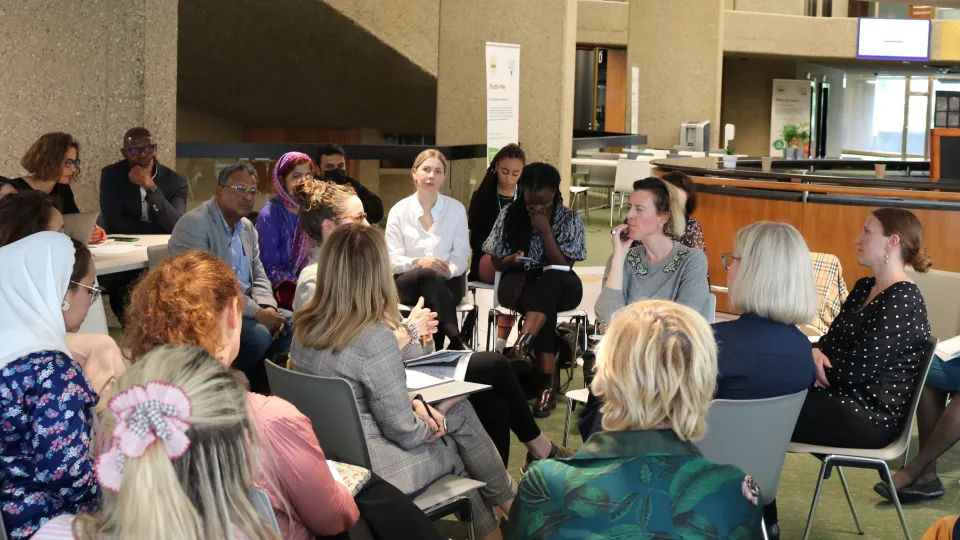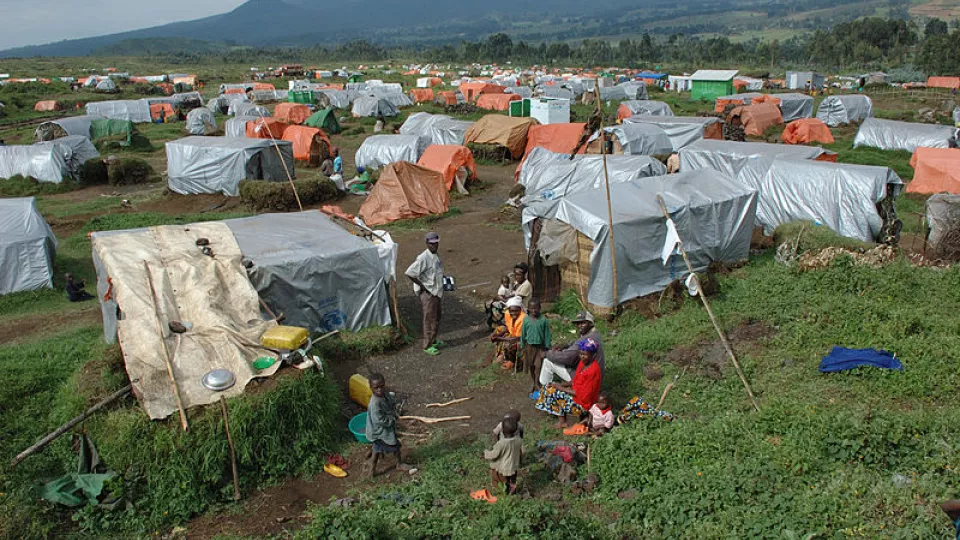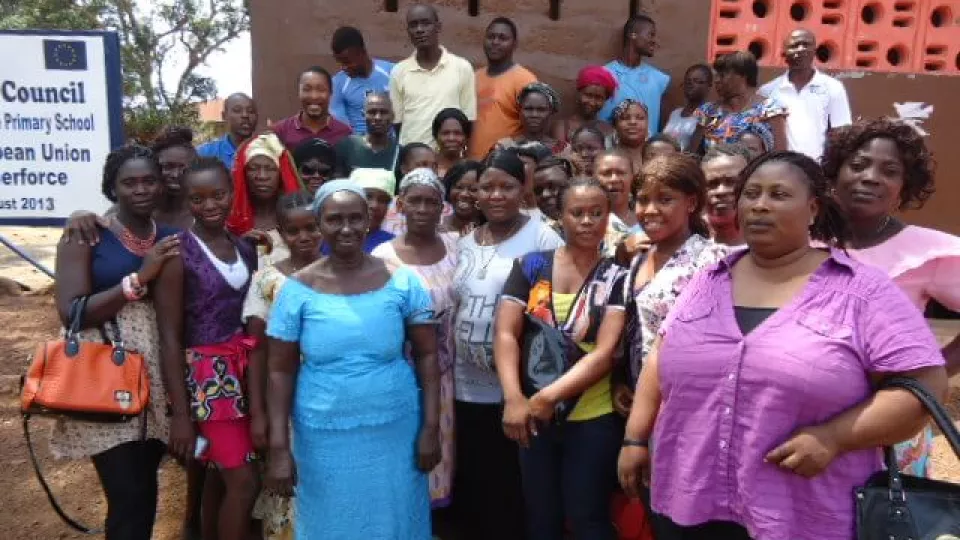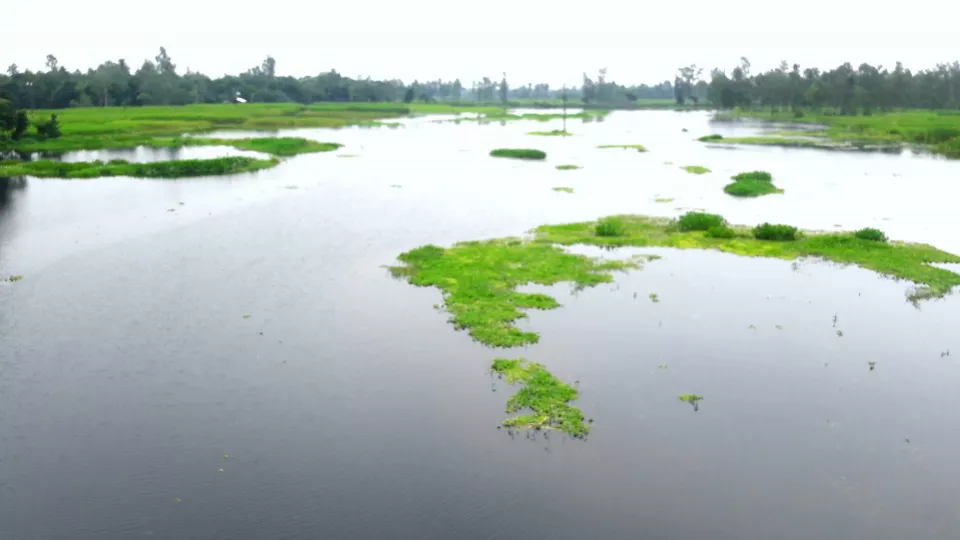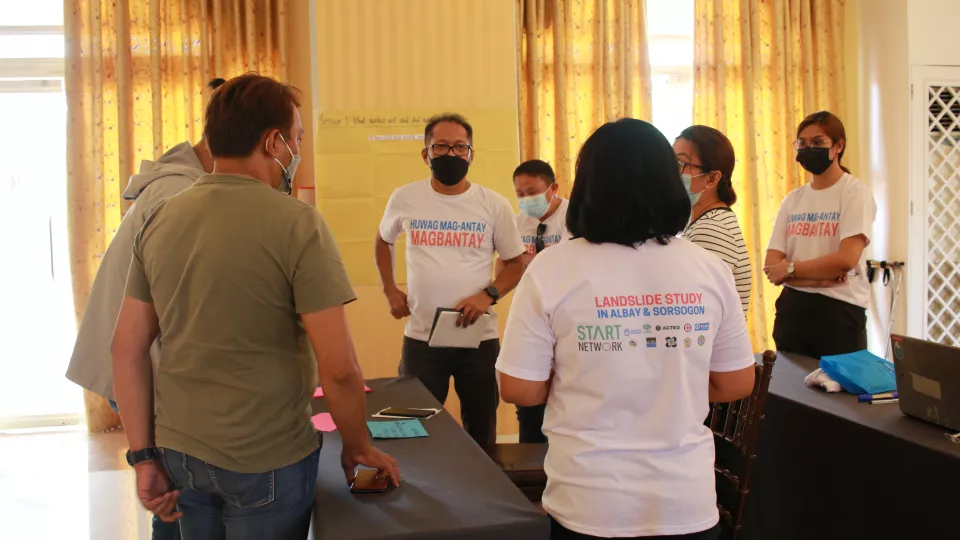
systemic exclusion
The humanitarian sector aims to be locally led and therefore, it is important that the humanitarian sector listens to organisations acting at the local scale, so we can learn from their experiences and adapt to meet their needs. Over recent years, Start Network has engaged local and national non-governmental organisations through interviews and surveys to determine ways in which humanitarian structures can do better to support them. Gathering perceptions from non-governmental organisations has led to some pertinent findings related to exclusionary practices that some organisations acting at the local scale experience and led to some key recommendations that humanitarian actors can begin to implement in order to build equitable partnerships. While more in-depth research on these systemic issues continues to be conducted by Start Network and other organisations, we hope that this overview can assist international actors to begin positively disrupting the traditional systems that create barriers to equity within crisis response.


